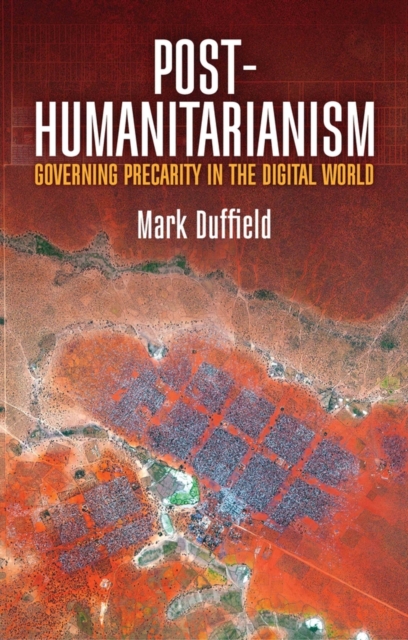CITESTE MAI MULT
Detalii
Descriere RO
The world has entered an unprecedented period of uncertainty and political instability. Faced with the challenge of knowing and acting within such a world, the spread of computers and connectivity, and the arrival of new digital sense-making tools, are widely celebrated as helpful. But is this really the case, or have we lost more than gained in the digital revolution?
In Post-Humanitarianism, renowned scholar of development, security and global governance Mark Duffield offers an alternative interpretation. He contends that connectivity embodies new forms of behavioural incorporation, cognitive subordination and automated management that are themselves inseparable from the emergence of precarity as a global phenomenon. Rather than protect against disasters, we are encouraged to accept them as necessary for strengthening resilience. At a time of permanent emergency, humanitarian disasters function as sites for trialling and anticipating the modes of social automation and remote management necessary to govern the precarity that increasingly embraces us all.
Post-Humanitarianism critically explores how increasing connectivity is inseparable from growing societal polarization, anger and political push-back. It will be essential reading for students of international and social critique, together with anyone concerned about our deepening alienation from the world.
EdituraJohn Wiley and Sons Ltd
Dimensiuni226 x 167 x 19
Data Publicarii02/11/2018
Format
Necartonata
Numar pagini224
Aceasta este o carte in limba engleza. Descrierea cartii (tradusa din engleza cu Google Translate) este in limba romana din motive legale.
Lumea a intrat intr-o perioada fara precedent de incertitudine si instabilitate politica. Confruntat cu provocarea de a cunoaste si de a actiona intr-o astfel de lume, raspandirea computerelor si a conectivitatii, precum si a sosirii de noi instrumente digitale de creare a simturilor, sunt larg sarbatorite ca fiind de ajutor.

